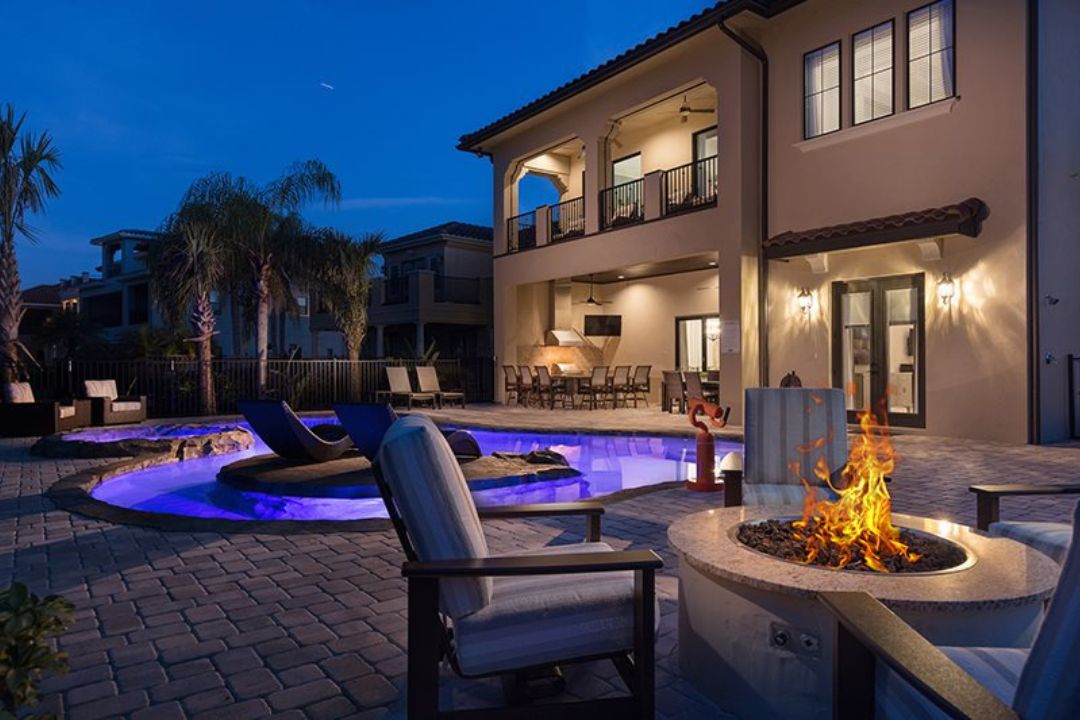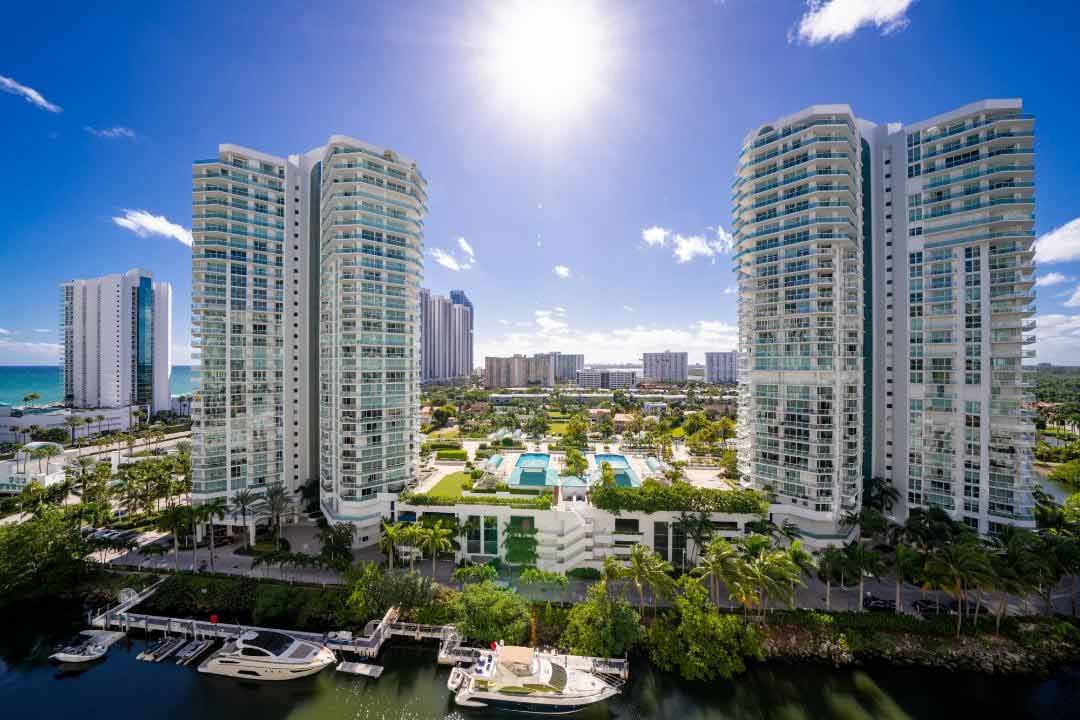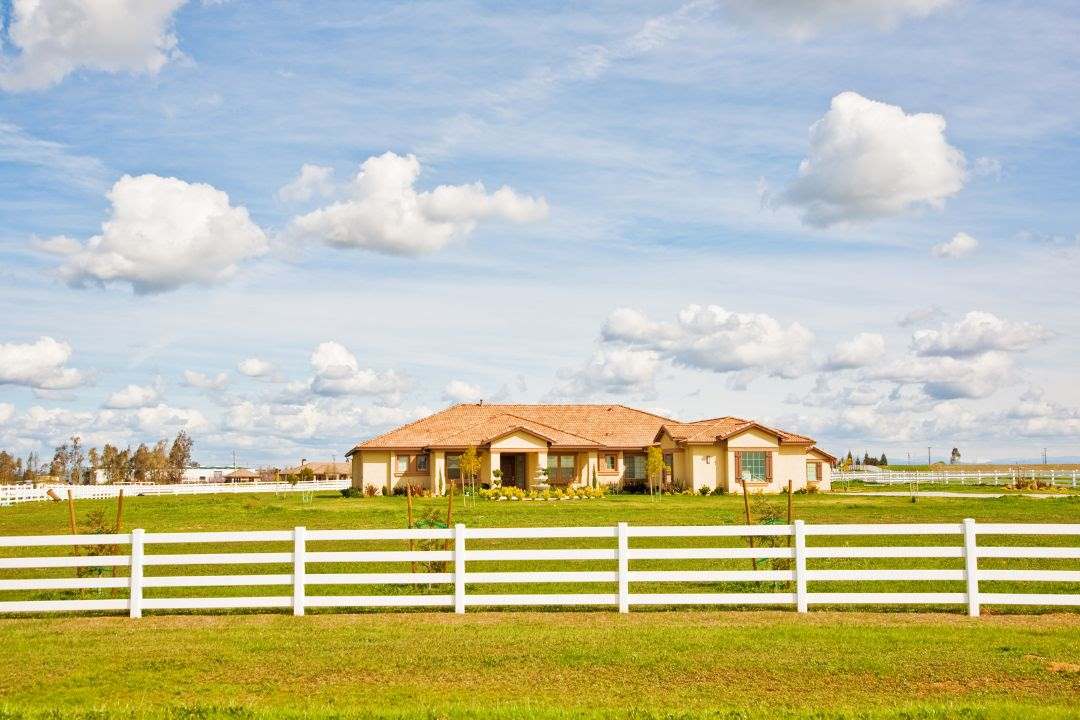Getting a loan to refinance or purchase a Florida condominium can be tricky. Especially if the condo or development is involved in a construction defect dispute, has Section 558 actions pending, has too many renters compared to owner-occupants, accepts short-term renters, or has other issues that deter conventional lenders.
But getting a mortgage for these properties isn’t impossible – if you know where to look.
If you’ve already been turned down for a mortgage on a condo in Florida, or if you want to purchase or refinance a condominium with pending construction defect claims or other issues that make the development non-warrantable,” keep reading. This article will help you understand why it’s more difficult to get a mortgage for these properties, and how you can find a special situations lender willing to work with you.
What is Section 558?
Section 558, also called the Florida Construction Defect Statute, governs how property owners must handle construction defect claims against construction firms and subcontractors.
First passed in 2003, Section 558 requires Florida property owners with construction defect claims to provide a formal written notice to contractors to give them an opportunity to fix the defect or settle before they proceed to actual litigation.
Claimants must provide this written notice to contractors at least 60 or 120 days before filing an arbitration claim or construction defect lawsuit, depending on the size of the development.
The goal is laudable: Reduce the workload on the courts by forcing disputing parties to work things out among themselves before things get to the courtroom. But it does make it harder to get a loan to buy or refinance an affected condominium.
The reason: Condominiums with significant construction problems, or with pending construction defect litigation, are non-warrantable. That is, loans on these properties don’t qualify for Fannie Mae or Freddie Mac backing. In turn, this means they don’t qualify for conventional financing. Nor do they qualify for FHA or VA financing.
As a result, most bank lenders won’t touch these developments with Section 558 actions pending under their standard mortgage programs.
To get a loan on a non-warrantable condominium, you’ll need to go to a specialty lender who focuses on the non-warrantable residential loan market.
How common are construction defect lawsuits in Florida?
Construction defect lawsuits are common nationwide, and in Florida especially. The collapse of the Champlain Towers has focused attention on construction defect issues, and condo associations and HOAs are moving to protect themselves and identify any potential claims before the 10-year window for bringing an action under the Florida Construction Defect Statute of Repose (section 95.11(3)(c)), expires.
However, construction defect litigation has been rising sharply in Florida for over a decade. In 2008, there were only 31 construction defect lawsuits in Florida courtrooms. By 2017, there were more than 1,000 construction defect lawsuits in the state.
Florida is especially prone to construction defect disputes because its hot, humid climate makes toxic mold growth a problem if not carefully managed. The state’s frequent hurricanes, tropical storms, and sinkholes also sometimes expose construction defects that may have otherwise gone undetected.
In general, however, most condominiums in Florida are actually non-warrantable properties for a variety of reasons.
Why are condominiums with construction defects “unwarrantable?”
While pending construction defect litigation is one of the most common reasons a condominium may be deemed non-warrantable, there are several other possible reasons that may apply:
- Construction is incomplete
- The developer has not yet handed over formal control of the HOA to the owners
- A single person or entity owns more than 10% of all the units
- The development or association allows short-term rentals
- Majority of units are rentals rather than owner-occupied
- Too many people are delinquent on their association dues
- Association officers have been involved in fraudulent activity
- 25% of the development or more is commercial space rather than residential
Additionally, there are other factors that may make it more challenging to find a lender for your condominium. For example:
- Insufficient reserves
- Insufficient liability, windstorm, or other insurance
- The project is a “condotel”
That said, if you find the condominium or other property you want to buy is a non-warrantable, don’t give up. While it’s more difficult to find a lender for a non-warrantable condominium loan, it’s not impossible by a long shot.
The market for non-warrantable condominium loans is a specialized one. And many conventional lenders, such as banks, won’t even tell you it exists.
But we operate in this market every day.
Can I still get a loan to purchase or refinance a condo in a building with a pending 558 or construction defect lawsuit?
Yes, you can.
You just can’t do it with conventional “conforming” financing.
Getting a mortgage to buy or refinance a non-warrantable condominium will be a little more challenging than getting a conventional, FHA or VA loan. But depending on the specific issues with the building, the financial status of the condo/HOA board, and the borrower, it’s very possible to find a lender for most units.
The key: You will need to look beyond ‘plain vanilla’ home lenders and brokers who focus exclusively on the warrantable, conventional loan market, and find a broker who can think ‘out of-the-box.’
For the best results, you’ll need a broker with a long list of relationships with non-bank, unconventional, and ‘portfolio lenders’ willing to take on the additional risk of non-warrantable condominium loans.
Portfolio lenders vs. conventional lenders
Lenders that operate in the non-warrantable condo space are usually portfolio lenders. That means that when they issue a loan, they don’t plan to sell it upstream to Fannie and Freddie Mac so they can reinvest the cash in another loan. Instead, they plan to carry the mortgage on their own books as part of their own portfolio of investments.
A portfolio lender doesn’t care if Fannie Mae or Freddie Mac won’t buy the loan. It’s irrelevant to them. These lenders are simply interested in generating a steady stream of income from loans to people with the ability to make reliable payments.
These non-bank lenders often fly ‘under the radar.’ They may be hedge funds, development companies, real estate investment trusts, pension funds, wealthy individuals and families looking to diversify their own portfolios.
Each of these lenders have their own tolerance for risk, investment timelines, and underwriting criteria.
It takes time, effort, and experience to develop a Rolodex of these non-bank, non-traditional lenders, and to learn which lenders offer the most competitive pricing for each individual situation.
That’s where we come in.
We specialize in mortgages for non-warrantable condos
At DAK Mortgage, we specialize in matching borrowers with challenging situations with willing lenders.
It’s important to understand that these non-warrantable condominium loans are riskier for the lender than conventional residential loans. Whenever there is a Section 558 notice, HOA litigation, condo association litigation, or a pending construction defect claim involved, the lender takes on much more uncertainty as long as the loan remains in their portfolio.
That means interest rates and minimum down payments will generally reflect that higher risk. Rates may be higher than the rates you see in mass media advertisements.
Conclusion
If you have a challenging situation, such as a non-warrantable condominium loan, don’t get discouraged. If you’ve been turned down by other lenders, don’t give up. It’s not over. There is a whole world of mortgage lending beyond conventional financing. One size doesn’t fit all. You may have just been talking with the wrong loan officer.
At DAK Mortgage, we don’t just quote a lowball rate to get you to fill out an app. Instead, we pride ourselves on being problem solvers: We work with you to learn your specific situation, and the specific condition of the property and association. Then we leverage our vast number of standard and non-standard lenders who are thinking out-of-the-box, and who actively seek lending opportunities in this market.
That way, we can match you with lenders whose criteria match your circumstances.
We don’t just work on non-warrantable condominium loans. We have solutions for all kinds of real estate and lending challenges.
Chances are we’ve helped someone just like you get into a great residential loan program.
Contact us today. We’re glad to see if we can help you purchase or refinance a non-warrantable condo.









